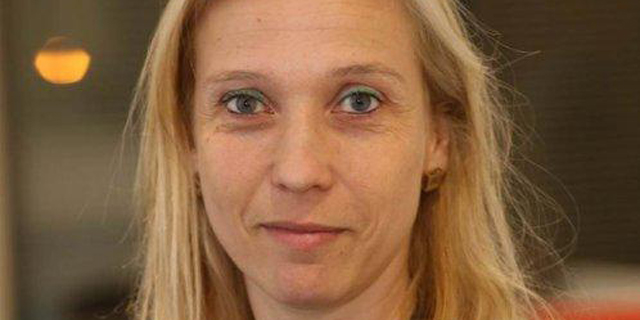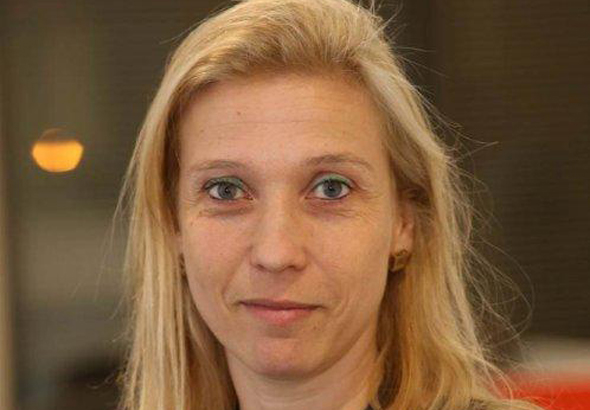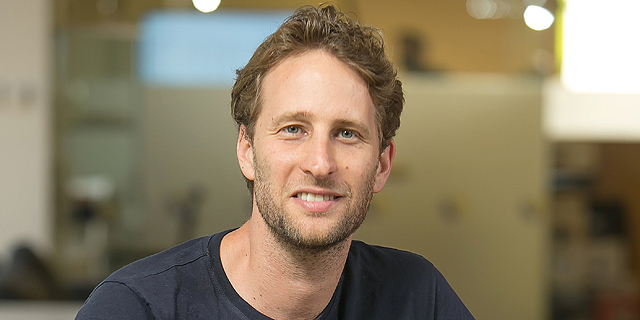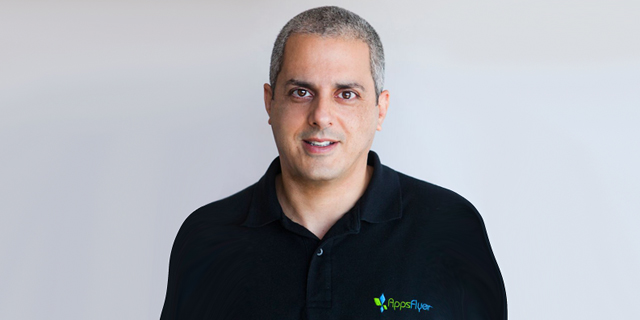
Coronavirus
More Capital Than Venture: Israel’s Tech Companies Under Covid-19’s Shadow
Industry veterans are preparing for uncertain times but are also seeing opportunities—to reduce inflated valuations, birth new domains, and adopt more efficient models and methods
The coronavirus (Covid-19) outbreak is ravaging all industry sectors, and even Israel’s normally flourishing tech sector is not immune. According to Ornit Shinar, head of venture investments in Israel for Citigroup, there are currently two trends among venture capital funds.
“Some are warning the companies that they need to downsize, since ‘winter is coming,’ and others are claiming funds are taking advantage of the situation, looking to tank company valuations instead of helping in a time of crisis,” Shinar told Calcalist in an interview. “You need to think ahead. Maybe money will be less available, but currently, all we know is that the cards are being shuffled and things are going to change over and over again.” This period could impact company valuations long-term, Shinar said. “For a long time now, valuations have been very high. Maybe what is happening now will be leveraged to fix that. For now, rounds are still being raised and there is even burgeoning interest in some domains. Others will have a more difficult time.” Those who raised money but have not cashed in on it yet may be asked to wait, she said. “That is exactly what happened in 2008. In funds that already raised commitments, the partners said ‘if you want the money you’ll get it, but don’t come to us the next time you are looking to raise funding’.” Israeli tech is continuing to operate but the situation with customers is shakey, Shinar said. “It is a big opportunity for some businesses. If, for example, the gym closes, maybe the trainer can give private lessons or open a Youtube channel. And, of course, companies that raised money and are sitting on a cash cushion today are not as badly off.” Michael Eisenberg, partner and co-founder of Tel Aviv-based Aleph Venture Capital, thinks the crisis is an excellent opportunity for new investments. “We did not halt investments,” he said. “A crisis brings the best out of entrepreneurs, especially Israeli ones. I predict a new wave of innovation being born out of the crisis.” Yuval Cohen, founder and managing partner at Israel-based venture capital firm StageOne Ventures, said that while he cannot predict how long the crisis will last or its ramifications, one can learn from previous crises. StageOne already told its portfolio companies that are currently raising funds that they need to complete the process as soon as possible, even if it means not optimizing valuation, he said. “Before the crisis, fundraising took three months,” Cohen said. “It will take longer today. Companies that have money need to stretch it for a longer period. We have early stage companies that need to grow, so they cannot fire half their employees. They need to prepare for technical aspects, like a work-from-home policy.” It still has not come to wage cuts, he said, but companies need to rethink major commitments like a five-year lease for a big office. The fact that StageOne invests in early stage companies and usually starts at the seed stage can prove a significant asset during a crisis, Cohen said. “Young companies find it easier to adapt to a changing environment, compared to a company that already has hundreds of employees,” he said. “It is harder to raise funds, but some of the giants you see today in Israeli tech were founded at the height of a crisis or survived one because they knew how to adjust to a leaner model, coming out of it even stronger. On the other hand, most of our entrepreneurs started their career after 2008 and did not experience the previous crisis, so we encourage them to be as transparent as possible with us and to ask our advice.” The tech companies themselves, most of whom do business mostly outside of Israel, are already feeling the effects of the pandemic. The Italian market is on general lockdown and the rest of the global markets are slowing down, Or Offer, founder and CEO of SimilarWeb Ltd., told Calcalist, adding that the industry is completely uncertain about the future of business. “Everything is unclear. A week ago, things looked different. The entire tourism sector has halted. We are a stable company, but it is a hard blow. We are entering a recession. I still cannot estimate how extensive it will be. We are not feeling all the waves yet, so we are doing everything in our power to safeguard the employees and the business.” SimilarWeb has shifted most of its activity from offline to online, Cohen said. “The activity in SimilarWeb’s specific market is now on the rise. On the one hand, it is good for the company’s robustness in times of crisis; on the other hand, one should not downplay what everyone else is going through right now. Historically, as we have seen during past crises, many opportunities are created that the Israeli tech industry knows how to leverage very well, at the end of the day. Currently, we are in a good place, working as usual but keeping an eye on things. The employees are all working to help our clients survive the crisis. The comradeship and hard work everyone is doing despite the difficulties are strengthening my belief that we will prevail.”Oren Kaniel, founder and CEO of mobile marketing analytics company AppsFlyer Ltd., predicts no significant damages. “The main damage is to brick-and-mortar businesses,” he told Calcalist. “When those come under harm, everyone moves to mobile, which is our home base. We stopped flying a while ago. Since last week, all our employees have been working from home, even in countries that said they did not have coronavirus. Our almost 1,000 employees are now working remotely. We have very big exposure to China and Asia; for two months now, my team in China has been working from home. For me, China is not something distant; once the virus left China and reached South Korea, I had no doubt we need to be very careful.”
Eisenberg is not as optimistic. “As everything is so uncertain, companies that are not profitable but rather rely on investors’ money need to be careful and make sure the money they have will last as long as possible, until the situation becomes clearer,” he said. “Entrepreneurs need to consider all angles of a scenario and conserve funding. You cannot panic. Every company needs to consider how it can help the domestic market, and do it soon. A lot of our entrepreneurs started initiatives to benefit the public, some using their own products and some in other ways.”



